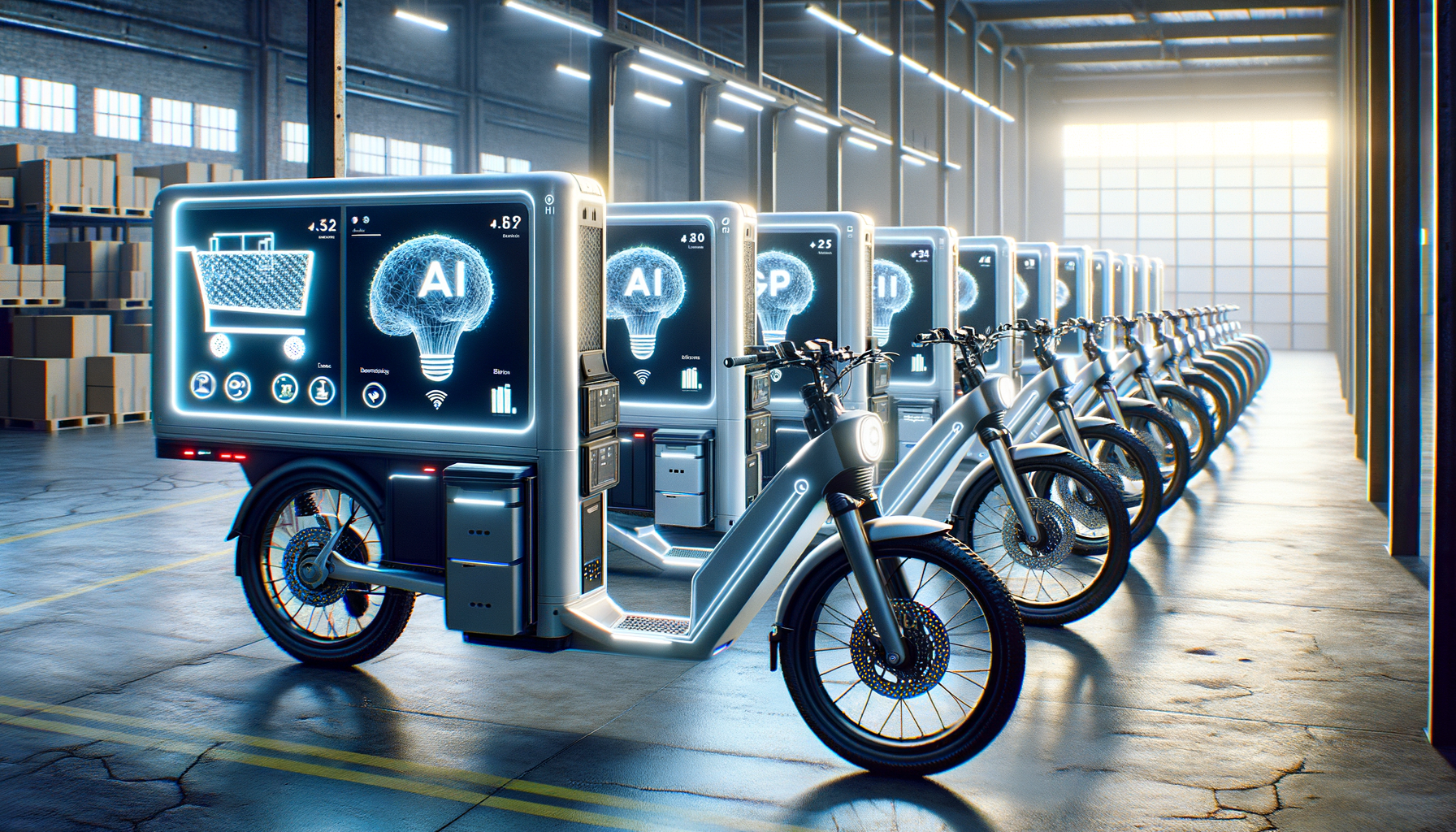Introduction to Cargo Bikes
Cargo bikes are becoming an increasingly popular solution for urban transportation and logistics. These versatile bicycles are designed to carry significant loads, making them ideal for a range of applications from personal errands to commercial deliveries. The resurgence of cargo bikes in recent years is driven by the growing demand for sustainable and efficient transportation options in densely populated cities. With the ability to navigate through traffic with ease and access places where traditional vehicles cannot, cargo bikes are transforming the way goods are moved in urban environments.
The Rise of Electric Cargo Bikes
Electric cargo bikes are a game-changer in the cargo bike industry. By integrating electric assistance into the traditional cargo bike design, these bikes offer a practical solution for longer distances and heavier loads. The electric motor provides an extra boost, making it easier to tackle hills and cover greater distances without exhausting the rider. This innovation has made cargo bikes a feasible option for businesses looking to reduce their carbon footprint while maintaining efficiency in their delivery operations. The combination of electric power and the inherent benefits of cargo bikes is a compelling proposition for urban logistics.
Benefits of Cargo Bikes for Businesses
Businesses are increasingly turning to cargo bikes as a viable alternative to traditional delivery vehicles. The benefits are manifold:
- Cost Efficiency: Cargo bikes significantly reduce costs associated with fuel, maintenance, and parking.
- Environmental Impact: With zero emissions, cargo bikes contribute to cleaner air and a healthier environment.
- Accessibility: They can access areas with traffic restrictions and limited parking, ensuring timely deliveries.
- Brand Image: Companies using cargo bikes are perceived as environmentally conscious and innovative.
These advantages make cargo bikes an attractive option for businesses looking to improve their logistics operations while aligning with sustainable practices.
Challenges and Considerations
Despite their many benefits, cargo bikes are not without challenges. One primary concern is the initial investment cost, as electric cargo bikes can be more expensive than traditional bicycles. However, the long-term savings in operational costs often offset this initial outlay. Additionally, businesses must consider the logistics of integrating cargo bikes into their existing delivery systems, which may require route planning and staff training. Weather conditions can also pose a challenge, as rain or snow can affect delivery schedules. Addressing these challenges requires careful planning and a willingness to adapt to new logistics models.
The Future of Cargo Bikes
The future of cargo bikes looks promising as cities continue to seek sustainable transportation solutions. Innovations in bike design and technology are likely to enhance their efficiency and appeal. Moreover, as urban areas implement stricter emissions regulations, cargo bikes will become an increasingly attractive option for businesses aiming to comply with environmental standards. The integration of AI and smart technology could further revolutionize cargo bike logistics, optimizing routes and improving delivery times. As more businesses recognize the potential of cargo bikes, they are set to play a crucial role in the future of urban transportation.




Leave a Reply